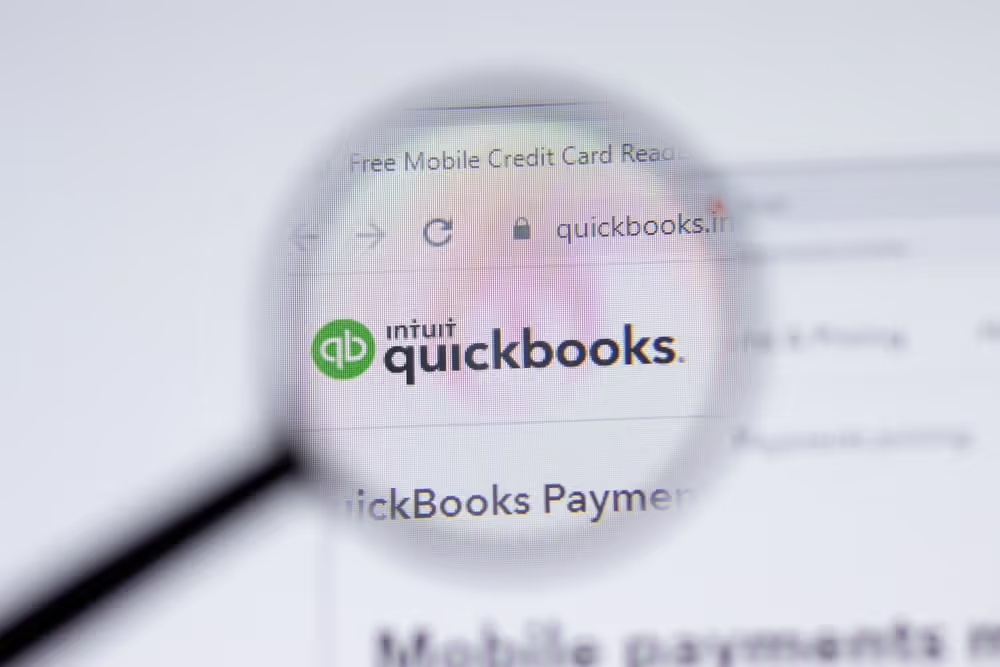What Happens If You Miss the Tax Extension Deadline for Your Business?
If you filed a business tax extension back in March, you received an additional six months to complete and submit your business tax return. While that might sound like plenty of time, your new tax deadline is now just 2 weeks away, on September 15th. If this deadline snuck up on you, you’re not alone. However, it’s incredibly important that you not allow the deadline to pass you by without filing your tax return. Missing the business tax deadline can have some consequences for your company and cost you thousands in additional fees and penalties. Keep reading to learn more about the types of penalties your company could face.
Fee and Penalty Types
The IRS enforces several different types of penalties on tax returns—both those that are filed late and those that are paid late. The four types of penalties usually assessed against taxes are:
- Late filing penalties: You were able to avoid these fee in March by requesting an extension on your tax return. However, if you miss your new tax deadline, there is no opportunity to extend again, and you will be charged with a late filing penalty.
- Late payment penalties: When you requested your extension in March, you should have made a payment with the estimated amount that you believed you would owe. Ensuring you make this payment when you request an extension will typically help you avoid a late payment penalty. However, if that payment amount wasn’t sufficient, you may still face this fee.
- Underpayment of estimated tax penalties: Business owners often have to make estimated tax payments each quarter throughout the year. Because the US tax system is a pay-as-you-go system, failing to make these payments, or extensively underpaying, can result in these penalties, along with late payment penalties.
- Interest payments: In addition to the penalties mentioned above, you may owe interest payments on any unpaid tax amounts. This interest will accumulate for every month that the balance goes unpaid.
Though paying a relatively accurate amount when you extend your tax return can help you to avoid many of these fees, it doesn’t completely preclude you from all penalties. As you can see, missing the extended deadline can still leave you with many penalties that you have to face, and these can add up quickly, costing your business thousands.
How Much Will Your Penalties Be?
Unfortunately, there is no set answer to this question. Penalties will vary based on many different factors, including the amount you owe, how late you are filing your return, and even your business entity type. For example, S Corps are fined $195 for every shareholder, for every month or portion of a month the business return is late. Partnerships are fined at the same rate, but for every partner instead of every shareholder.
As an example, let’s say your partnership has three partners, and you file your return four months late. Your business would be fined $2,340 in late filing penalties alone, in addition to any late payment or underpayment fees and interest you might have to pay.
If your business is registered as a C Corp, you will be charged a late filing fee equal to 5% of the unpaid tax amount every month or portion of a month that you are late. This percentage caps out at 25% of the taxes you owe.
A Note on Filing K-1s
It’s important to be aware that all partnerships and S Corps must submit their Schedule K-1s on time, with no exceptions or extensions. If you believed that extending your business tax return in March also extended your deadline for submitting K-1s, this was incorrect. Businesses are fined $260 for every K-1 that was not submitted to the IRS on time, and this fee will be added to any other late filing penalties you have, should you miss the business extension deadline.
Avoid Unnecessary Fees by Filing before the Deadline
If you want to avoid these kinds of fees and penalties, it’s incredibly important for you to file your business tax return before September 15th. We encourage you to reach out to us and schedule a consultation with a business tax advisor as soon as possible, so we can help you file your business return on time. We’ll sit down with you to discuss what additional documents and information we need to help you file your business tax return before the deadline. Contact Demian & Company CPAs to schedule your meeting today.
%20(1).avif)
Peter Demian is a highly-rated CPA specializing in accounting and tax services for individuals and businesses across 49 states. He offers expertise in tax strategies and assistance with IRS settlements.


.svg)





